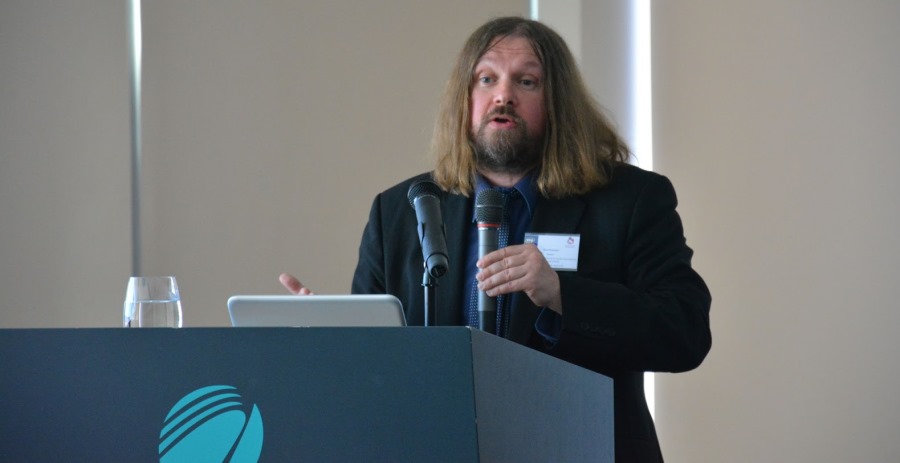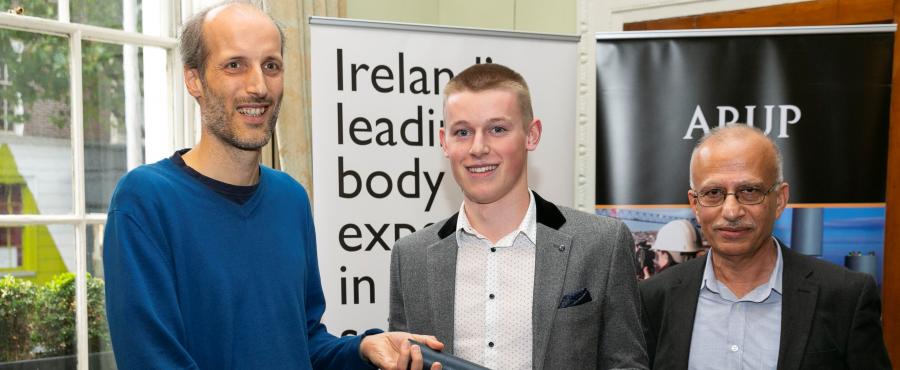
[dropcap]A [/dropcap]DCU Professor’s research on the importance of emotion in education for preventing bullying and its long-term mental health impacts, was cited in a recent set of top-level European reports.
Dr. Paul Downes, Associate Professor of Education (Psychology) at the School of Human Development, DCU Institute of Education, was cited in a European Commission report that recognises the importance of social and emotional education.
To Downes, the core of social and emotional education is being able to communicate your emotions to yourself and to others and according to him, empathy is a key part of it. “Involving emotion is a great way for children to learn,” he said.
Identifying emotions and expressing them can be a good way to stop aggression, Downes said.
The other reports Downes was cited in dealt with ways to tackle bullying and developing of inclusive systems in and around schools in Europe.
According to Downes, it’s important to recognise systems and how they can get changed, and stretched, to prevent bullying from happening. “It’s quite scary when you’re looking at the long-term consequences [that bullying can evoke]”.
The reports were written along with Professor Carmel Cefai from the University of Malta, and according to Downes, it didn’t come as a shock when they got cited in the European Commission. “It’s very good that social and emotional education is being recognised,” he said.
Downes has formerly been involved in various expert advisory roles for the European Commission. He is currently a member of the Network of Experts on the Social Aspects of Education and Training and Chairperson of the Steering Committee for the Grangegorman Area-based Childhood Programme.
To Downes, social and emotional education could be integrated into various subjects and “is all a part of life”.
Elsa Anderling



